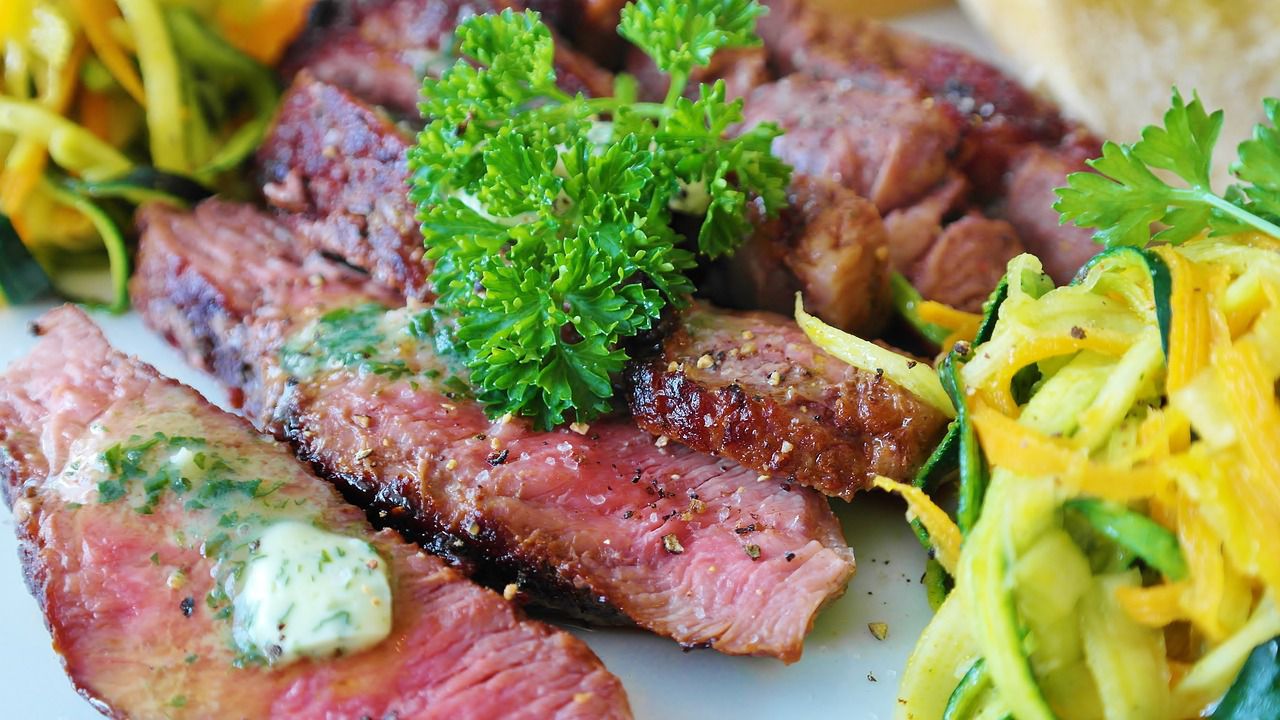Beef by-products can be delicious: Cooking tips
Not only regular beef, but also beef by-products can be delicious - and that's why lots of chefs love using them so much!
People can sometimes be unsure about subproducts because of how they look and smell when they're raw, but they can surprise you when cooked.
Here are a few tips on how to cook delicious meals from beef by-products.
Clean and Prepare
Start by cleaning the by-product thoroughly. Remove any unwanted parts or tough bits. Cut it into smaller pieces if needed.
Marinate
Marinating is key for adding flavor. Use a mixture of your favorite spices, herbs, and sauces.

Let the by-product soak in the marinade for at least 30 minutes, or even overnight in the fridge.
Slow Cooking
Many beef by-products, like tripe or liver, benefit from slow cooking. Use a low heat setting and simmer them gently.
This makes them tender and flavorful.
Avoid Overcooking
Don't overcook by-products; they can become tough or dry. Cook them until they are just done.
You can always cook them more if needed, but you can't undo overcooking.
Add Aromatics
Onions, garlic, and ginger can add wonderful flavors. Sauté them in a pan before adding the beef by-products.
Balanced Seasoning
Taste as you go and adjust the seasoning. Salt, pepper, and a bit of acid like lemon juice can brighten up the flavors.
Pairing
Serve beef by-products with complementary sides. For example, liver goes well with onions, while tripe pairs nicely with tomatoes and spices.
Experiment
Don't be afraid to try new recipes and flavors. Different cultures have unique ways of cooking beef by-products, so explore various cuisines for inspiration.
Conclusion
Remember, cooking beef by-products can be delicious with the right techniques and flavors.
It's all about giving them the care and attention they deserve in the kitchen.
